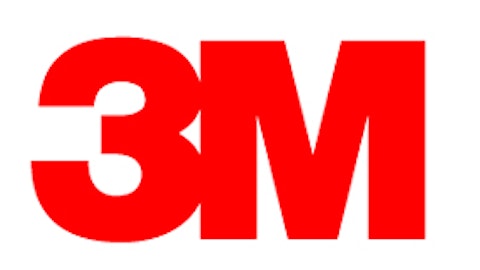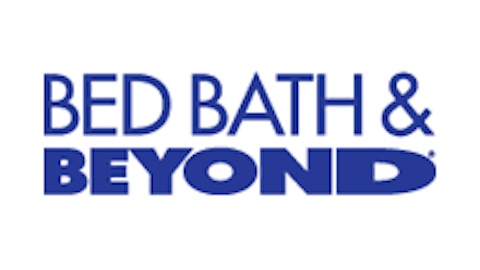What would America do without football? Two years ago, we almost found out. A lockout occurred when the owners and players couldn’t reach a consensus on a new collective bargaining agreement. Fortunately for football fans, a deal was struck just in time for the 2011 season. Businesses breathed a sigh of relief as well; no football means less money for all parties involved. The NHL experienced a similar situation with the 2012-13 lockout, which resulted in a shortened season and monetary losses.
One of the most dangerous threats to any business is holdup costs, when non-owners integral to the business leverage their value for a greater stake. Ethics of holdup negotiations aside, investors should at least be aware of potential holdup threats, because they could mean less value for shareholders.
The NFL has been a prominent example of holdup costs throughout its history. You can’t have a league if the players refuse to play. The skills and physique of an NFL player are rare and, as a result, highly marketable and valuable. Millions of fans turn out in stadiums and living rooms to watch the players compete, not the owners. The players’ union, the NFLPA, has the power to negotiate better wages, benefits, and more. There is a delicate give-and-take involved in holdup negotiations; the owners cannot afford to alienate the players, and vice versa. Ultimately, a compromise is reached, where both parties get some but not all of what they want.
Holdup costs are not contained to unions. All companies whose business lines depend on non-owners are subject to the threat. Take Netflix, Inc. (NASDAQ:NFLX), for example. Netflix provides media streaming to millions of subscribers, but it does so with the help of several third parties. Netflix viewing accounts for approximately a third of Internet usage during peak hours, but the company could never reach streaming customers without Internet service providers. Netflix also needs to host its content; for this it turns to Amazon.com, Inc. (NASDAQ:AMZN)‘s Web Services, the cloud-computing arm of the online-shopping giant. Finally, Netflix would have no business at all without content deals with television and movie studios.
There are risks inherent in each of these relationships; if agreements should fall through or if the third parties should demand too much, Netflix, Inc. (NASDAQ:NFLX) could be in trouble. The least likely risk is with Amazon.com, Inc. (NASDAQ:AMZN) Web Services. Although Netflix competes with Amazon Prime in the streaming market, there would be serious fairness allegations if Amazon attempted to punish Netflix’s bottom line by raising costs in a targeted manner. Internet service providers represent a greater risk. If they should set a usage limit, slow delivery speed, or charge more for Netflix services, Netflix wouldn’t have much choice but to pay up and reach a deal. Finally, content deals have to continue to go in Netflix’s favor. In the early days, studios didn’t realize Netflix’s earnings potential. Now that studios have seen the dollar signs, they demand more and more of the cut.
When I was growing up, my grandfather always told me not to be a middleman. But if you’re going to be one, you’d better be exceptionally good. Netflix, Inc. (NASDAQ:NFLX) has become one of the best middlemen of the modern era. The holdup risks I’ve identified shouldn’t pose a threat as long as Netflix continues to lock up subscribers. More subscribers means more money, and more money means more content, which in turn leads to more subscribers. This virtuous cycle benefits the third parties I’ve identified; as long as they continue to benefit in an increasing manner, holdup costs should remain manageable.
Netflix, Inc. (NASDAQ:NFLX)’s first-mover advantage has allowed it to gain significant market share. More important than market share, however, is the data Netflix has gathered on customers. That data allows the company to customize recommendations, drawing customers further into the experience. Best of all, it allows Netflix to produce original, exclusive content tailored to customers’ interests. Finally, exclusive content deals such as the recent Dreamworks Animation Skg Inc (NASDAQ:DWA) agreement allow Netflix to further expand its subscriber base.
Netflix, Inc. (NASDAQ:NFLX) is a great example of a company that continues to succeed in spite of severe holdup risks. The takeaway for investors is to recognize the potential for holdup costs and find businesses that don’t have them or identify those that do have them and keep winning regardless.
The article What the NFL Can Teach You About Business originally appeared on Fool.com.
Jake Keator has no position in any stocks mentioned but would really like to see Smallville in Netflix’s streaming library. The Motley Fool recommends Amazon.com, DreamWorks Animation, and Netflix and owns shares of Amazon.com and Netflix.
Copyright © 1995 – 2013 The Motley Fool, LLC. All rights reserved. The Motley Fool has a disclosure policy.






